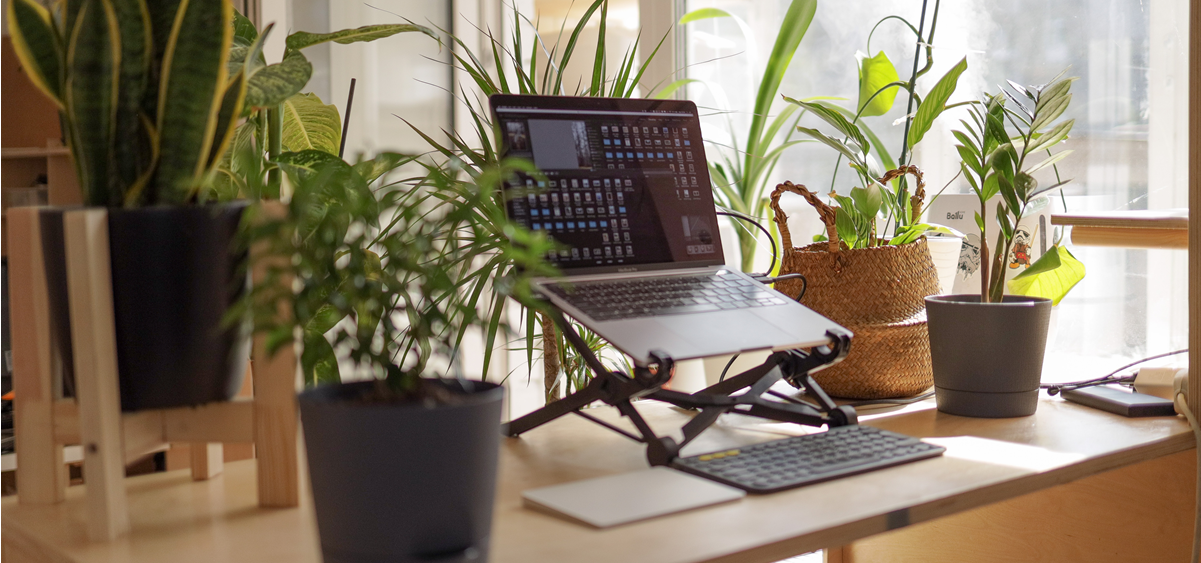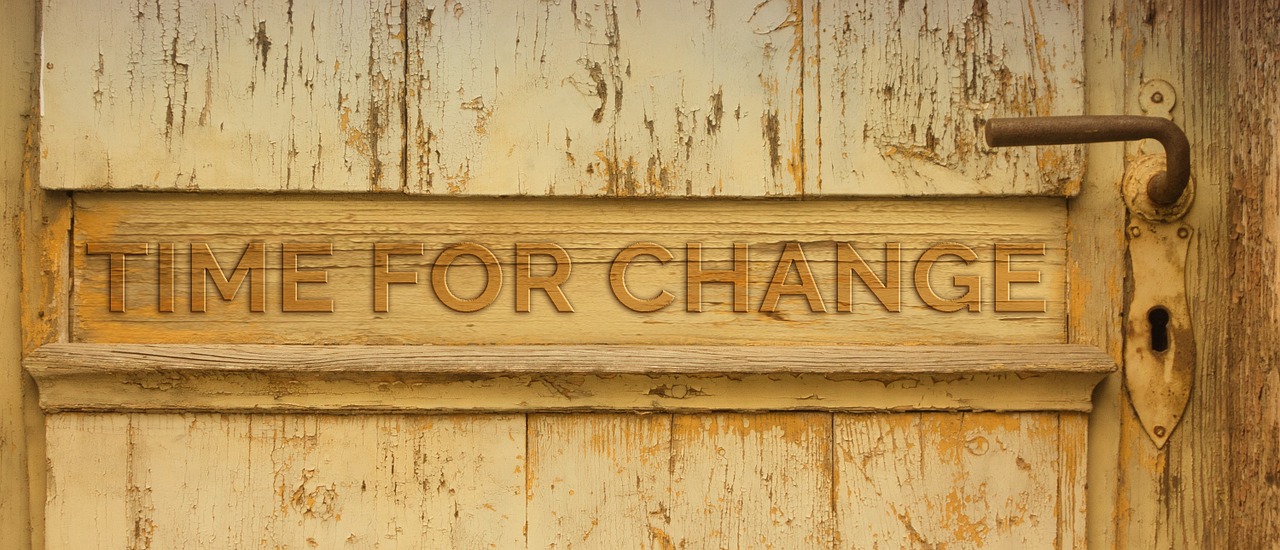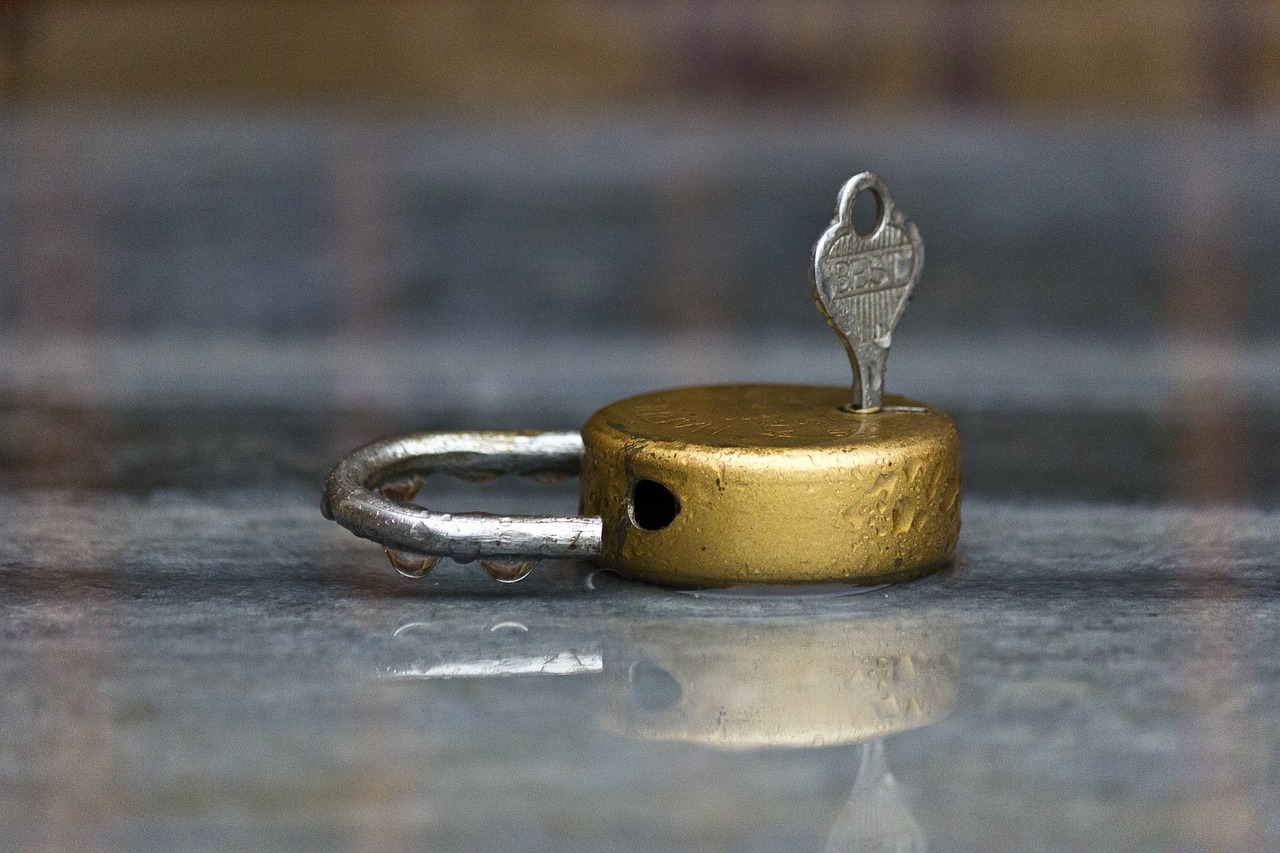What new stories will you be creating for yourself?
Narrative tool
Writers do it all the time, use narrative as a tool to guide interpretation, to construct meaning, and ultimately to persuade and influence. So do teachers, as narrative is also a powerful tool for instruction and learning.
Why? Narrative creates meaning, invokes emotions, it makes things “real”.
And it is also through narratives that we view and experience our lives, both personal and professional. This is how we learn who we are – from the narratives told of our lives from when we were too young to create our own.
We initially used (very large) computers as a tool for calculations, its size and cost restricted our access. Now, it is ingrained in our daily life, using it so often such that many of us would feel rather lost without our devices. Our sense of self is very much tied to this small device.
The same applies to narratives. One story does not a man or woman made. But many similar stories and repeated create a wealth of meaning and gradually forges an identity.
A narrated life
One instance of timidity, and a story being told over and over again, which in turn compels attention to other incidents of “lack of bravery”… until one day, that girl can only ever remember stories of her timidity. Along the way, she has also picked up stories of “shy” and “unsociable” which fit with “timid”. These were noted and recorded by those around her, who saw only these because the narrative is indeed persuasive.
And what does it mean for this young girl, to be known as “timid”, shy” and “unsociable”? She now makes sense of the world through these limiting lens.
Little attention was given to, nor stories told of, the times when she courageously stepped into a new world, or when she stood up for herself when accused of a wrongdoing, or defended her brother to her friends. They went unnoticed perhaps because everyone loves a good story, and a good story is one that is coherent and familiar, like a fairy tale. Except for the girl, it is unlikely to end with ‘happily ever after” unless something changes. Until she takes up the challenge of authoring her life, to learn to make a different sense of her self and her world.
This now young woman is stepping out into the world. Her unease of who she is may lead her to question and become aware of how those stories that have shaped her life emerged… grew.
Will she step out of the limiting narrative that has governed much of her life? What can she do to re-story her life?
You as narrator
Humans are meaning-making creatures after all. When there are enough “aberrant” stories, we will be compelled to ask “why”, to see new patterns, to create new meanings.
So if you are in this exciting space of exploring stories that have shaped your life,
- Identify witnesses to your life who will share alternate stories,
- Seek out alternate stories,
- Consciously create new stories,
- Choose a professional who will facilitate this important exploration.
To paraphrase a popular saying, if you want a different result, do something different.
Begin with determination and committed action.
~ FlorenceT
References:
Barker, S. (2016) Paul Ricoeur and Narrative Identity: Why we are our story. Psychology Today Retrieved from https://www.psychologytoday.com/blog/post-clinical/201604/paul-ricoeur-and-narrative-identity
Foresight Future Identities (2013) Executive Summary. The Government Office for Science, London. Retrieved from https://www.gov.uk/government/uploads/system/uploads/attachment_data/file/273968/13-524-future-identities-changing-identities-summary.pdf
Gottschall, J. (2013) The Story-telling Animal. Mariner Books,
Szurmak, J., & Thuna, M. (2013). Tell me a story: The use of narrative as a tool for instruction. Conference of the Association of College and Research Libraries, April 10–13, 2013, Indianapolis, IN. Retrieved from http://www.ala.org/acrl/acrl/conferences/2013/papers













